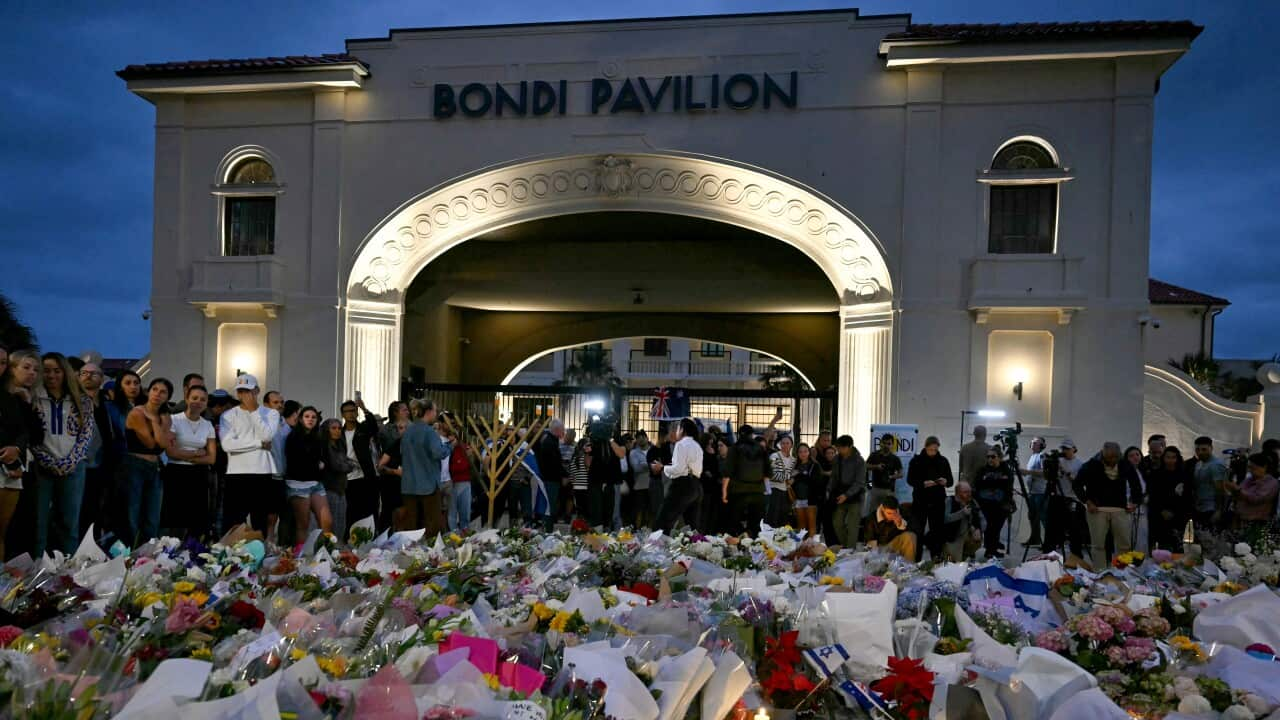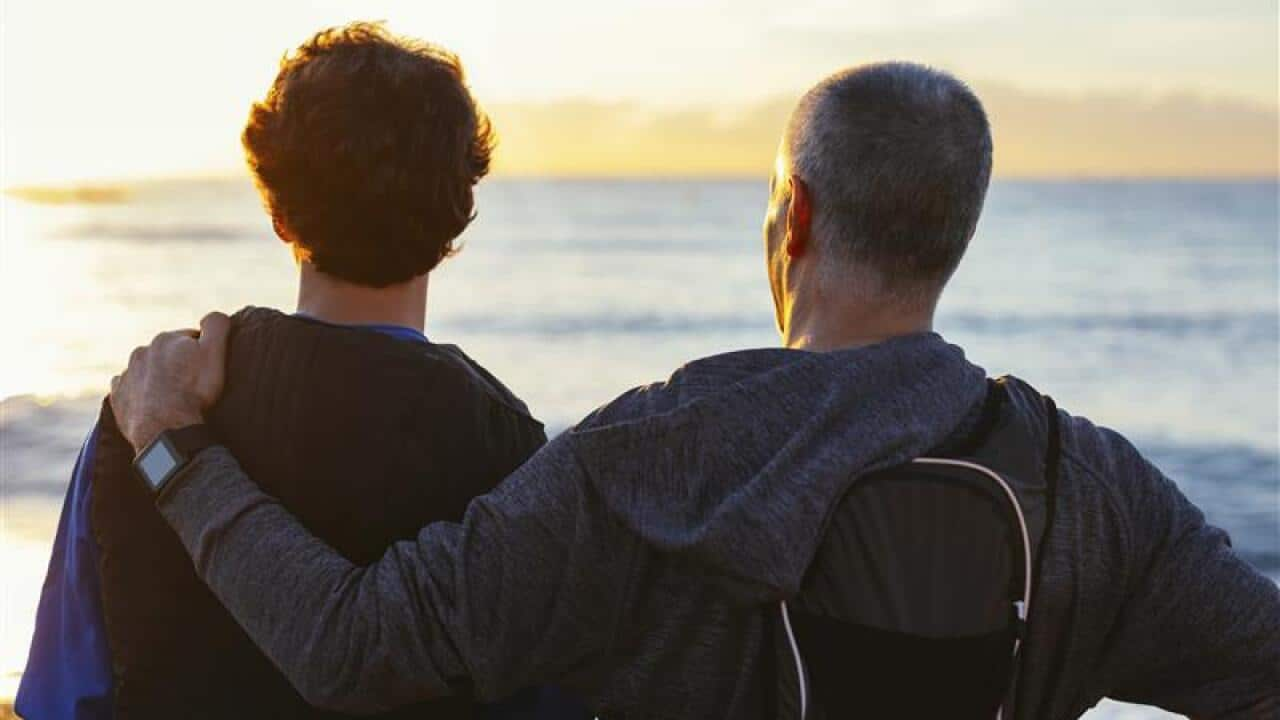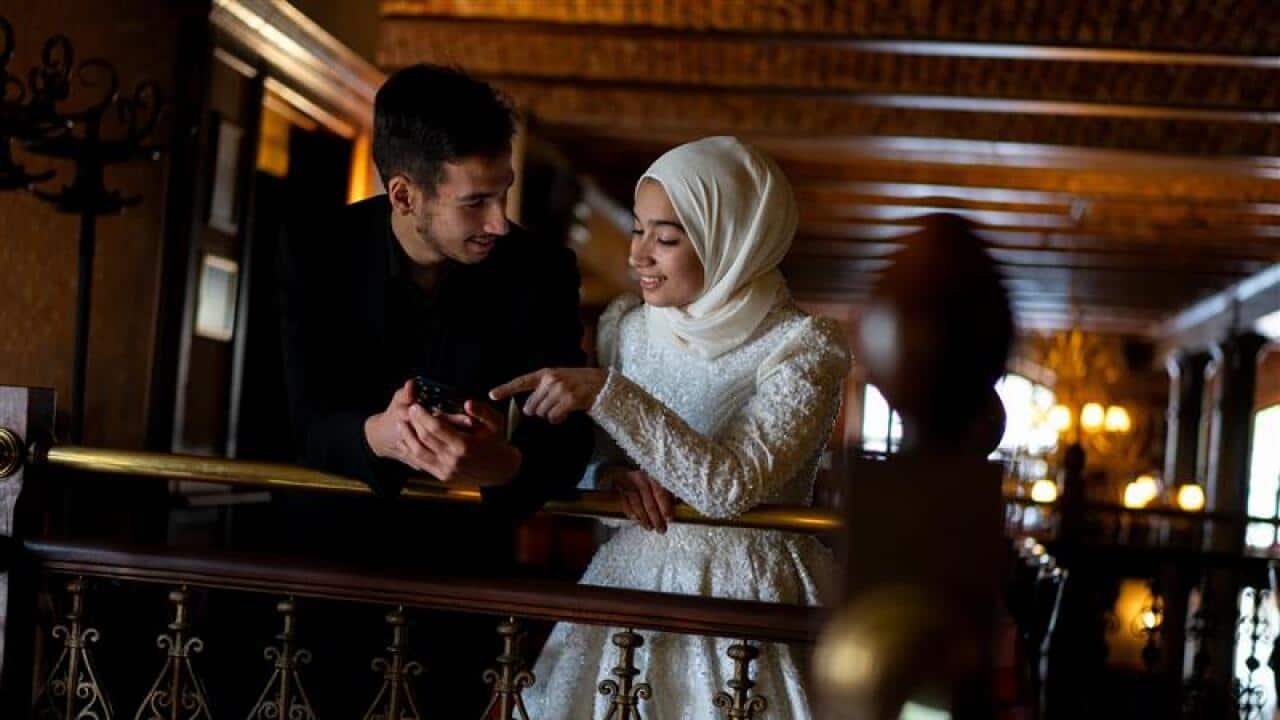A councilman in the northern Iraqi region of Sinjar has called for a greater international assistance to locate the more than 3000 Yazidi women and girls still missing and presumed under IS captivity.
Khodaida Al-Hamo, a Yazidi member of the Nineveh governorate council which overseas Sinjar, told SBS Arabic24 that while international aid to rebuild the region was "much needed," the community remained fixed on locating the hostages.
According to the religious affairs ministry of Iraq's autonomous Kurdish region, IS abducted more than 6,400 Yazidis. Only half have been rescued or managed to escape.
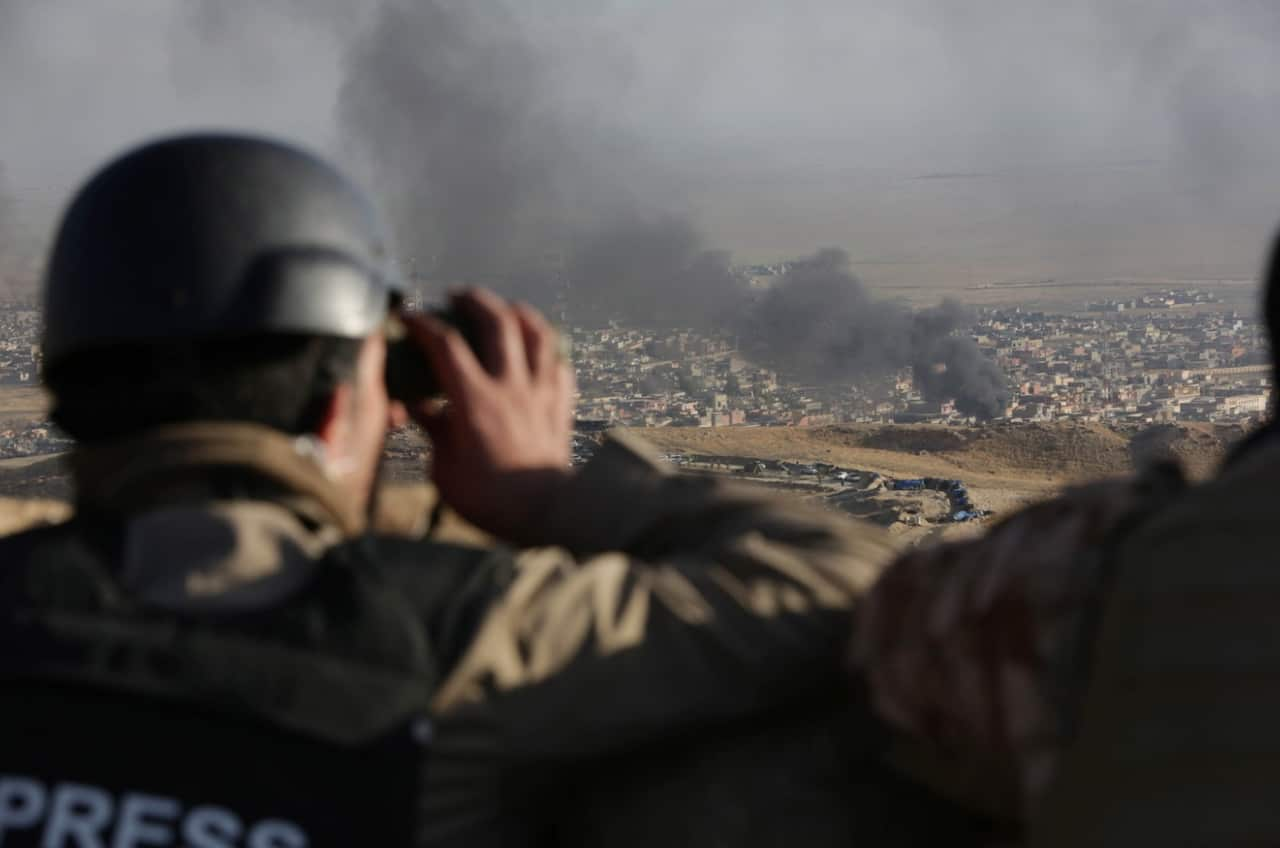
“We want the international community to help us not only to rebuild our communities but to get back the 3000 hostages still missing,” Mr Al-Hamo said.
“Until now the southern areas of Sinjar have not been cleaned of the war remnants. They are full of IS mines and people can’t go back to such a security fragile situation.
“Until now Iraq is still fighting IS sleeper cells, there are isolated cells here and there. The war against IS is not over yet, and the Iraqi government can’t provide security in these areas so far.”
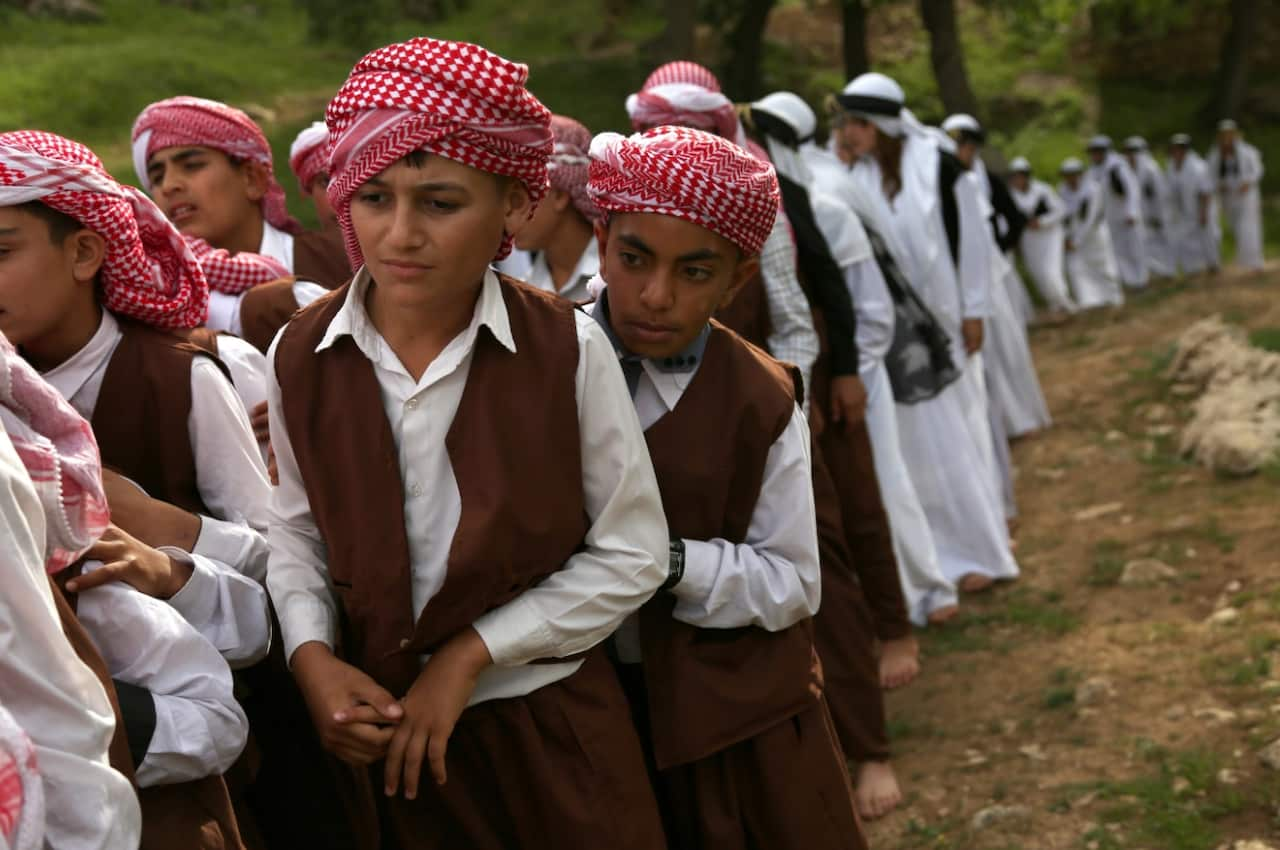
The Yazidis are one of Iraq's most vulnerable minorities, particularly targeted by the IS group which forced thousands of its women and girls into sexual slavery.
On August 14, 2007, massive truck bombs almost entirely destroyed two small Yazidi villages in northern Iraq. More than 400 people died in the attack.
In August 2014 Yazidis struggled to survive after their bastion Sinjar was seized by IS, forcing tens of thousands of people to flee.
The IS then pursued a brutal crackdown on the minority that included massacres, enslavement and rape.
Australia contributes $20 million in aid to Sinjar
The Australian government announced last week that it would provide more than $20 million in aid for people living in areas formerly occupied by IS in northern Iraq.
This funding would help more than 100,000 people, including 60,000 women and girls, and more than 10,000 people with disabilities access hygiene, maternal health, water and sanitation services.
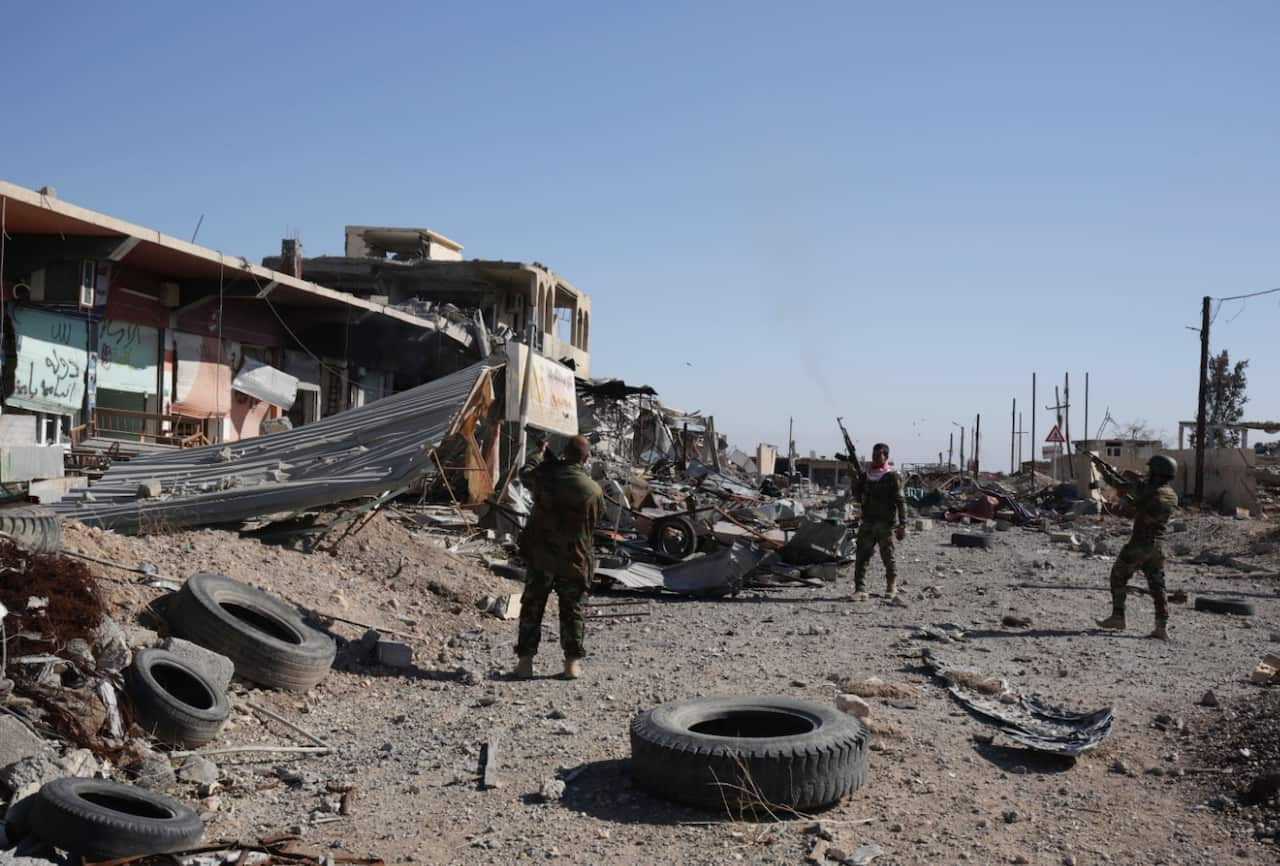
Mr Al-Hamo said due to the ongoing threat, "lots of Yazidis" are still applying for asylum in numerous countries, including Australia.
“There are whole villages in southern Sinjar full of mines and bobby traps. In addition to the lack of any infrastructure, no education or health facilities. How would people go back to live there," he said.
“These villages before the ISIS invasion in 2014 were already deprived, the houses are just loose structures and some houses were built with mud. After the war, these houses were destroyed completely.
“The governorate gets aid but we need much more, we need to rebuild the infrastructure from the sanitation and water system, the health system and to rebuild the bureaucratic system that collapsed.”

